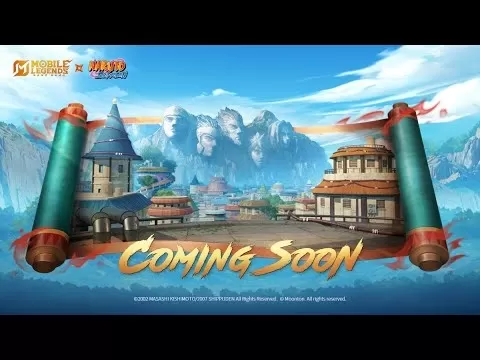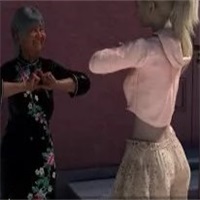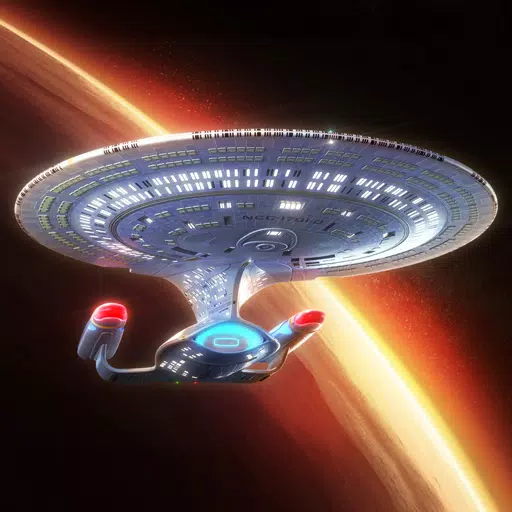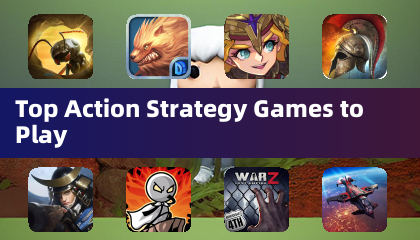The mobile gaming landscape saw a significant shakeup earlier this year when ByteDance, the parent company of TikTok, faced a ban that extended to their mobile game releases in the US. Games like Marvel Snap, Mobile Legends: Bang Bang, and others were abruptly removed from app stores, often without any prior warning to the developers or the player base. This action was part of a broader political push to force ByteDance to divest from its social media platform.
While TikTok managed to come back online, the same couldn't be said for many of ByteDance's mobile games. Marvel Snap, in particular, was quick to pivot, announcing a new publisher in the form of US-based Skystone Games. Skystone has now taken over the publishing rights for virtually all of ByteDance's US releases, promising region-specific versions of these popular titles.
This shift in publishers might seem like a relief to players, ensuring continuity or at least the promise of US-specific versions of their favorite games. However, the underlying issue of games being caught in the crossfire of political maneuvers remains a concern. The fact that our beloved games can be treated as mere political bargaining chips is unsettling for the gaming community at large.
As the deadline for ByteDance to potentially sell TikTok approaches, the mobile gaming industry watches closely. The repercussions of such political decisions on apps and their associated games could set a precedent for future scenarios. It's a reminder of the fragility of the digital entertainment ecosystem when it intersects with geopolitical tensions.
 Touch the sky
Touch the sky















